8 HP WebOS Predictions That Fell Flat
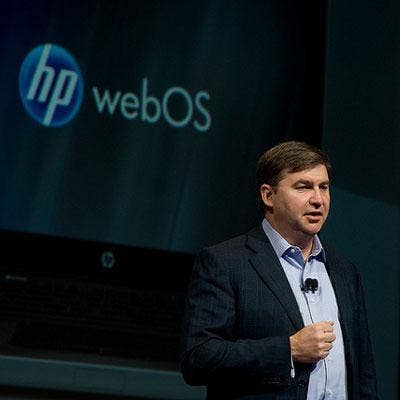
Broken Dreams, Unfulfilled Promises
When Hewlett-Packard acquired Palm in a surprising $1.2 billion deal in April 2010, company executives gushed about WebOS catapulting HP into mobile relevance. A year later, when HP trotted out plans for a tablet called the TouchPad, talk turned to getting partners to deliver mobile integration services, and even dip their toes into application development.
"Advances in mobility are offering significant opportunities, and HP intends to be a leader in this market," Todd Bradley, executive vice president of HP's Printing and Personal Systems organization (pictured), said in the statement accompanying the Palm acquisition.
Then the wheels fell off. HP killed the TouchPad after just seven weeks on the market due to poor sales, and then turned WebOS into an open-source project.
Following are 8 examples of Palm and WebOS predictions from HP executives that never panned out.
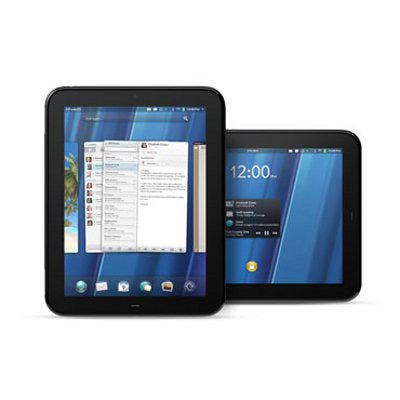
HP Will Lead The Tablet Market
In June 2011, just before the TouchPad embarked on its brief journey to marketplace availability, Eric Cador, senior vice president of HP's Personal Systems Group for Europe, Middle East and Africa, predicted that HP's leadership in the PC market would eventually carry over to a similar position in tablets.
"In the PC world, with fewer ways of differentiating HP's products from our competitors, we became No. 1; in the tablet world we're going to become better than No. 1. We call it No. 1-plus," Cador said at the time, as reported by the technology blog The Loop.
HP is now back in the tablet game with a Windows 8 model aimed at business users and an Android model for consumers. HP may yet catch up with Apple in the tablet space, but for now, Cador's declaration hasn't panned out.

WebOS Will Be HP's Linchpin For Cloud Storage, Content
In October 2010 at Ingram Micro's North American VentureTech Network (VTN) conference, Stephen DeWitt (pictured), then senior vice president and general manager of HP's Personal Systems Group, Americas, predicted that WebOS would end up being much more than just a mobile OS.
"Storage is going to be in the cloud, and content is going be in the cloud. Everything with a digital heartbeat is going to be connected, and the way we're going to connect it all together is WebOS," Dewitt said at the event.
HP also talked of loading WebOS onto Windows PCs, printers and other devices -- which never happened. HP did not sell its cloud-computing patents and talent to LG, so DeWitt's prediction could still come to pass, but it's looking less likely as the months tick by.
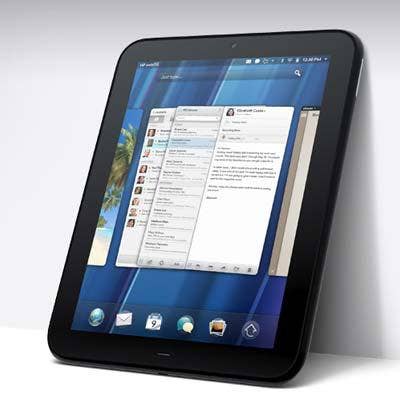
WebOS Will Be Fine, It's Just A Flesh Wound
August 2011 was easily the strangest month in HP's history. One of the surprising developments was HP's decision to kill the TouchPad after just seven weeks on the market. HP said at the time it would explore options for WebOS, but offered little in the way of details.
Meanwhile, HP triggered a feeding frenzy by slashing TouchPad prices, furthering the impression by some that it was hell-bent on getting out of the tablet business.
In one of the first public comments HP made on the issue, DeWitt insisted that HP had no intention of abandoning WebOS. "The WebOS is not dead," DeWitt told Bloomberg in August 2011. "We're going to continue to evolve it, update and support it. We stand by it."
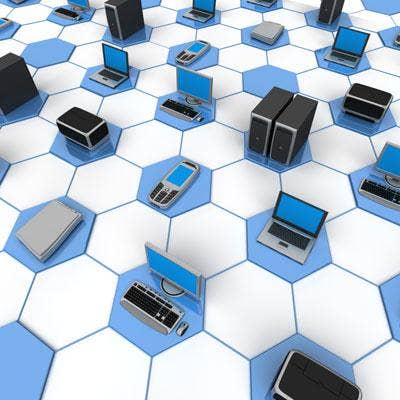
WebOS Will Power Millions Of Devices
For more than a year after the Palm acquisition, HP executives had a tough time reining in their exuberance over the potential uses for WebOS. In a July 2011 interview with CRN, DeWitt broke out the crystal ball and predicted that WebOS running on Windows PCs, home appliances, printers and a range of other devices would add up to a massive opportunity for developers. "No one has ever had a playground of hundreds of millions of disparate devices to build applications on top. It's one thing to have a smartphone, but what about applications that run on all sorts of different things that create experiences that we haven't even envisioned yet?" DeWitt said. "What's most important for HP is to inspire the innovation we know is possible across the universe of devices that we can impact."
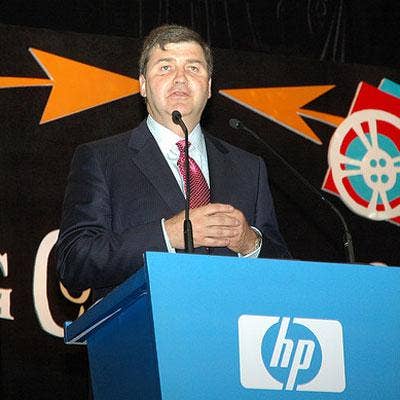
WebOS Will Give HP An End-To-End Mobile Offering
When HP announced its acquisition of Palm, Todd Bradley, executive vice president of HP's Personal Systems Group, said WebOS would give HP control over all aspects of the mobile platform. Though Bradley didn't say it explicitly, the implication was that WebOS would give HP the kind of power that Apple wields with iOS software and devices. "We anticipate that, with the WebOS, we'll be able to aggressively deploy an integrated platform that will allow HP to own the entire customer experience, to effectively grow and nurture the developer community, and to provide a rich, valued experience to our customers," Bradley said in an April 2010 conference call held to announce the Palm deal.
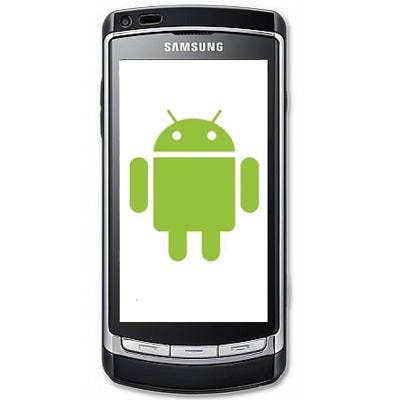
WebOS Will Give Android A Run For Its Money
A month after the infamous events of Aug. 18, 2011, HP Chairman Ray Lane and Shane Robison, chief strategy and technology officer, insisted that WebOS would eventually become a formidable competitor to Android.
"You cannot develop serious portable applications on Android ... We see [WebOS] as a viable, commercial Web development platform," Lane told a gathering of CIOs at the InformationWeek 500 conference.
Not only did this not happen, but Android emerged as the biggest threat to Apple's iOS developer ecosystem.
Now HP is rolling out an Android tablet of its own. Even after the LG deal, HP says it still holds the WebOS cloud infrastructure patents and talent. It's unclear how (if?) that will be integrated into its road map.
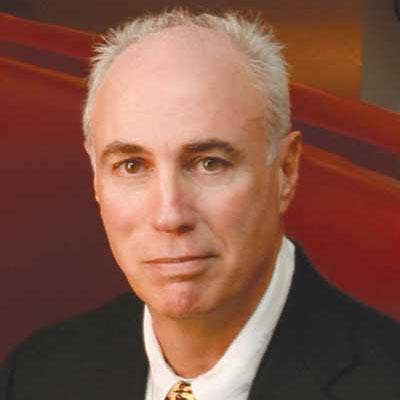
Developers Will Have Apps Ready When The TouchPad Launches
In the run-up to the TouchPad launch in July 2011, Tom LaRocca (pictured), HP vice president, marketing and strategy in HP's Solution Partners Organization, Americas, at the time, told CRN HP was giving health-care and education ISVs early access to the WebOS 3.0 SDK so they'd be able to have apps ready to go on Day One. "We're getting these companies to port over their apps at launch so they'll have apps running on WebOS when the TouchPad launches," said LaRocca, who left last January for a position at Oracle. "We're having engagements with these folks every day and making sure there are clear road maps for when they will come on board."
Imagine developers' dismay when HP dirt-napped the TouchPad less than two months later. That's the sort of thing that can leave a lasting negative impact on a company's reputation with developers.

The HP Channel Will Embrace WebOS
In March 2011, DeWitt told CRN HP was planning to invest significantly in training partners on the ins and outs of WebOS development and mobility. "This will bring new partners to us because we are getting into the application space, which involves muscles that we haven't exercised in some time," DeWitt said at the time. DeWitt also suggested that HP's channel would eventually become a powerful differentiator against Apple, which as he noted, isn't the most channel-friendly vendor on the planet.
If anything, HP's handling of WebOS has damaged its relationships with channel partners that invested time in learning WebOS development and were dumbfounded when HP decided to pull back on its WebOS vision so quickly.